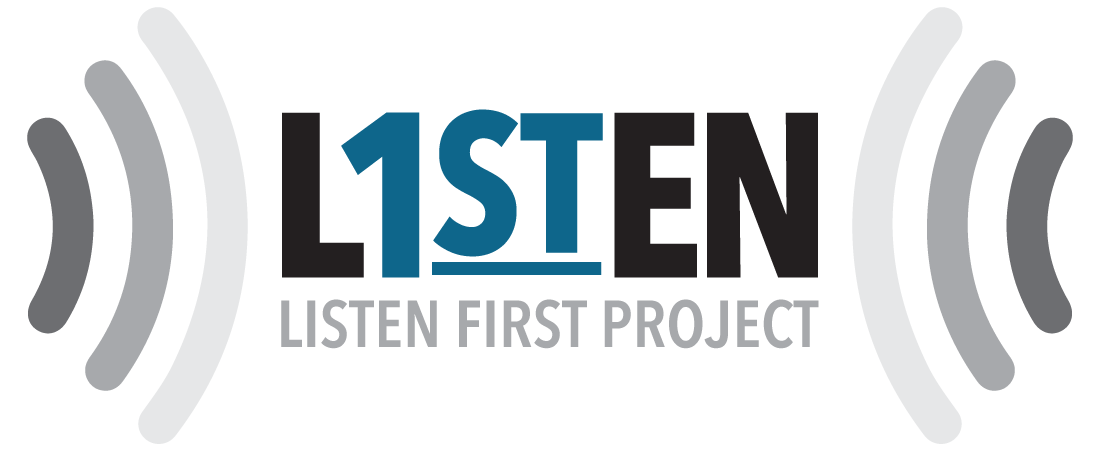We've Lost Our Ability to Listen
When I was in middle school, my teachers used to say: “Listen to me. Don’t just hear me; listen to me.” Hearing, they argued, is purely a physical act. It requires nothing more than being within earshot of speech. Listening, on the other hand, is absorbing words, and then processing them. It’s understanding them, and then analyzing them. It doesn’t necessarily require that you agree with what’s being said, but it does at least demand an eventual understanding of why you don’t. As with many wisdoms my teachers tried to impart upon me and my middle school classmates, this lesson fell on deaf ears. But as I reflect on a divided nation and a divided world, the hear/listen paradigm has resurfaced in my thoughts.
What makes our era so much different than those that came before? Partisanship and division have gripped American households and institutions with an intensity that has scarce precedent. Not for decades, or perhaps even centuries, has the country been so divided. Are the challenges of our time really so much more pernicious and alienating than those of the past? Sure, politics is naturally built on divisions. But it’s also naturally settled by reconciliation, and we have failed miserably at that.
We’ve become ideologically segregated. Modern media has created more options than ever for us to reinforce our own worldviews. We listen to our favorite radio host on the way to work, and we watch our preferred cable news when we get home. On Facebook, we defriend those who disagree with us – or we at least roll our eyes when they post. When we’re confronted with something we don’t like, we reflexively lash out. We double down, we entrench ourselves, and we recite our most battle-worn talking points.
In other words, we’ve lost our ability to listen. Yes, we hear those with whom we disagree. But our visceral reactions take over from there. When we don’t understand or accept another point of view, we don’t ask questions. We don’t engage in conversation. We don’t probe for common ground. We seek either submission or vengeance. We accuse and insult.
Democracy, as with all human endeavors, is imperfect. But that imperfection is not an excuse for ambivalence or complacency. Consensus building and compromise require real effort and difficult tradeoffs. We won’t always agree. Even with a common set of facts, no two people share the same set of values. But we should cherish the diversity of our values and seek to meld their strengths in our common pursuit of a more perfect union and a more peaceful and prosperous world.
Without trying to understand the different experiences that have shaped our disparate ways of life, we risk never-ending gridlock, stagnation, and in our darkest moments, even war. But if we can start with a shared sense of facts, and explain to one another why we react to and interpret those facts the way we do, we can heal our divisions.
And really, we have no choice. Our rapidly changing world has unsettled the fragile experiment we call the United States of America. But we cannot turn our heads and run. We cannot retreat to places of ideological comfort and reassurance. Together, we must boldly face the change in our world, and make sure that it’s change for the better. Our harmonious coexistence and continued well-being depend on it.
Ryan Kashtan
February 2017

